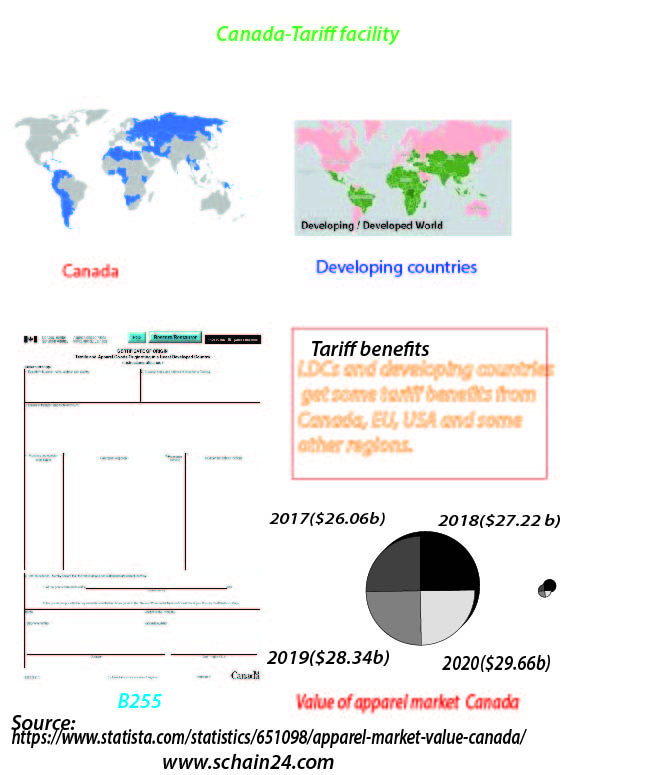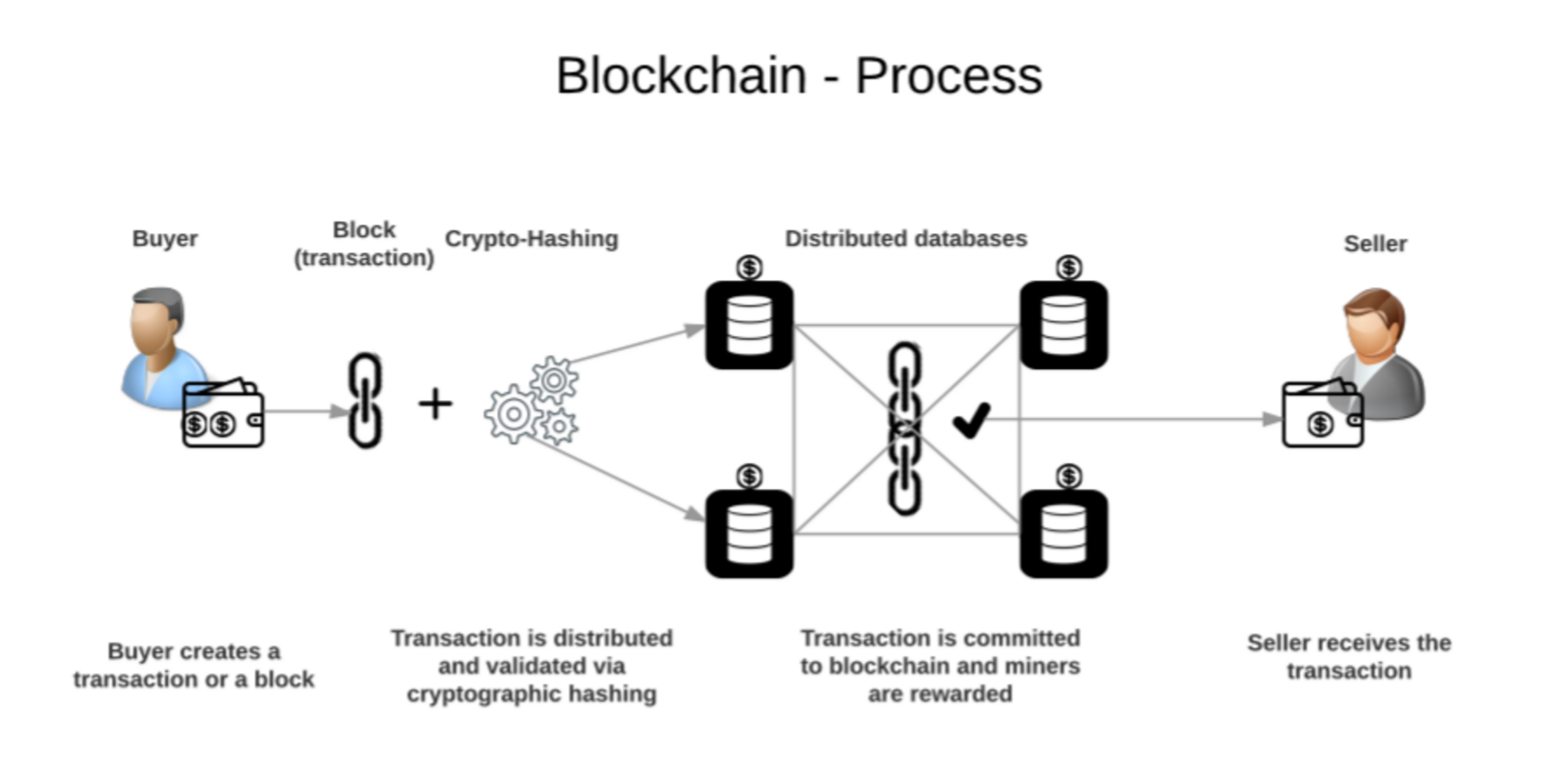Abstract
Some data freight forwarders need from you include full shipping and destination addresses, contact details of receiver, weight of cargo, a list of the items included, dimensional weight, and product description. If your items need extra care, then it’s best to hire a forwarder that specializes in handling such goods. The process begins from transferring the goods to the forwarder’s warehouse to leaving the origin country, unloading and validating the cargo, checking of paperwork, transferring the cargo to its destination office, and transferring it to its final destination. Their professional staff can help with packing your items and storing them, doing inventory management, declaring your items at customs, providing insurance, troubleshooting, and handling documentation .Some of the most common restricted items are alcohol, batteries, biological waste, dangerous goods such as a flammable liquid or toxic objects, prescription or recreational drugs, perishable items, sharp objects, and weapons. If you’re into business and you want to expand your customer reach, then you might want to consider looking into the most reputable international freight forwarders in your area. They will handle your goods with utmost care and your customers will be able to receive them in good condition without hassle. These companies either ship goods through road freight, ocean freight, or air freight.
Keywords: Freight forwarders, sea freight.
Sea freight
Introduction
Freight shipping might sound unnerving especially if you haven’t tried doing it before. But once you familiarize yourself with the process, then using such a service will be one of the best decisions you’ve made for your business.
Here are a few things you need to know about freight forwarding companies
- They are your liaisons. They handle everything – from keeping the goods on storage to shipping them off. They make sure that when the goods are transported from one location to another, they’re well taken care of. As liaisons between the shipper and the transporting company, they decide which choices are best for price and route. They do all the negotiations so you need to choose a company you can fully trust.
- They are not to be blamed when there are delays in shipping. Even if you’ve processed your items on time and you’ve contacted them on time, delays are inevitable for various reasons. Shipping delays may be caused by bad weather or unexpected route changes. There may be delays in the port or mechanical failures. Although this might result in conflict, you should be able to explain to your customers carefully that these are unforeseen events, but their items will be delivered in good condition as soon as possible.
- Aside from handling your basic shipping needs, they offer a wide range of other services too. Their professional staff can help with packing your items and storing them, doing inventory management, declaring your items at customs, providing insurance, troubleshooting, and handling documentation (both for imports and exports). You might not need all these services but it would be good to know if your chosen company offers these for future reference.
- They can’t accept any goods you want shipped because certain products are restricted. This may vary on the country you want your items to be shipped to, so ask your company about it because they have complete knowledge of it. Some of the most common restricted items are alcohol, batteries, biological waste, dangerous goods such as a flammable liquid or toxic objects, prescription or recreational drugs, perishable items, sharp objects, and weapons. Shipping restricted items will cause heavy fines or legal consequences.
- They’re familiar with each country’s set of laws. If you’re shipping an item to a certain country, you might be asked to pay for tariffs in one while you can do it for free in others. Fees and regulations vary, which is why your chosen forwarder needs to provide you with such details. If your items are important, you may even get financial support or help; you’d want to take advantage of that opportunity. A good forwarding company should be able to provide you such information to help you lessen your expenses.
- Freight forwarders will handle all the paperwork, so you don’t have to stress yourself about it. But you have to know of what documents should be handed to you, including a bill of lading contract, commercial invoice, inspection certificate, packing list, certificate of origin statement, export declaration document, and export license. All these documents should be up-to-date to avoid problems in the customs and delays.
- They should provide an insurance premium for your goods. This is an important service that they should be able to provide because it’s your assurance that your goods will be protected while being transported from point A to point B. Some freight companies already have insurance in their default asking fees, but don’t assume this for all. It’s best to know that you’re protected before entrusting all your goods to them.
- They follow six forwarding stages – export haulage, export customs clearance, origin handling, import customs clearance, destination handling, and import haulage. The process begins from transferring the goods to the forwarder’s warehouse to leaving the origin country, unloading and validating the cargo, checking of paperwork, transferring the cargo to its destination office, and transferring it to its final destination. Some forwarding companies fill their customers in about the entire process, on what stage they’re in until the item reaches its final destination.
- They can provide a freight quote quickly if you can provide all the information about your goods. Some data they may need from you include full shipping and destination addresses, contact details of receiver, weight of cargo, a list of the items included, dimensional weight, and product description.
- Almost all freight forwarding companies can ship any item, but some are better at handling specialized goods. If your items need extra care, then it’s best to hire a forwarder that specializes in handling such goods.
Conclusion
In Australia most licensed Customs Clearance Agents operate under a freight forwarder. Freight forwarders must have a government license in Bangladesh. Transport Canada is the federal department responsible for implementing and enforcing transportation policies and programs. The Canada Border Services Agency is responsible for enforcing most regulations that affect international freight forwarders. International security measures are the dominant concern. The Canadian International Freight Forwarders Association (CIFFA) was established in 1948 to support and protect the character, status, and interest of foreign freight forwarders by establishing uniform trade practice and regulations. CIFFA also plays an educational role by providing certificate and advanced certificate programs.





